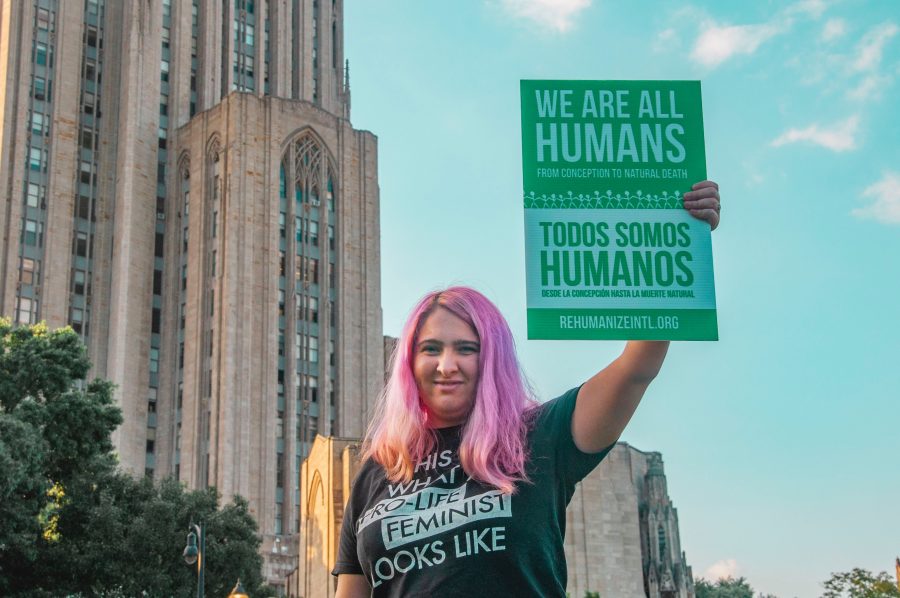2019 Human Rights Day
How about children start being seen and heard as opposed to one or the other?
Human Rights are important – there is no doubt about that. Since its UN-set inauguration (10 December 1948), the annual day aims to guarantee people the necessary means to satisfy their basic needs, such as food, housing, and education, so they can take full advantage of all opportunities. By doing so they are guaranteeing life, liberty, equality, and security, human rights protect people against abuse by those who are in power and misuse their power.
The theme this year is Youth; an important topic. One important to me and one I can, personally resonate with as a teenager in their final year of adolescence. Youth have had a bigger impact and definitely a more positive one, especially Generation Z. Whilst we still have our downfalls, such as spending too much time on technology and having to tackle climate change, one strike or protest at a time, our mettle to ascend and take on these challenges outweigh these downfalls.
These, unfortunately, are (but not limited to) typically third-world countries where youth have to forcefully make their own voices heard and where human rights, in reality, are non-existent.
These countries include
- Pakistan (Where Zainab Ansari’s death did not garner enough international attention as it should have and therefore sadly another statistic).
- Nigeria (My home country, where young people, some my age, cannot even so much as carrying around an iPhone before being classed as a thug or criminal).
- Syria (A war-torn country which in 2017 made US President’s Donald Trumps list of seven mainly Muslim countries that its citizens are almost banned from. Making it even harder for families and loved ones to visit and see one another. Which will obviously have an effect on the youth and the future generations as well as the relationship between both nations).
- Haiti (Due to its 2010 earthquake as a major factor as well as its overall poor and political instability, Haiti is an LEDC with a 60% literacy rate as of 2015 with not enough students able to afford or attended or even have access to higher education).
Whilst the internet is also partly to hold accountable for this, in recent years, today’s youth have had a bigger, more positive impact than ever. The names, David Hogg, Malala Yousafzai and Greta Thunberg ring a bell in my head and should do the same to most people today. These people are just three examples of how big an impact we have in the world and is further proof of just how much needs to be done as there are still places around the globe in which youth’s voices are still being misheard or silenced completely.
But at the end of Generation Z, the next generation will have their day and hopefully in the future will be brighter than we imagine.
I would like to end this off with a quote I find quite riveting
‘If we cannot prepare the future for our children, we can, at least, prepare our children for the future.’ – Franklin D Roosevelt.
By Zach Omitowoju
Feature image courtesy of Maria Oswalt on Unsplash


